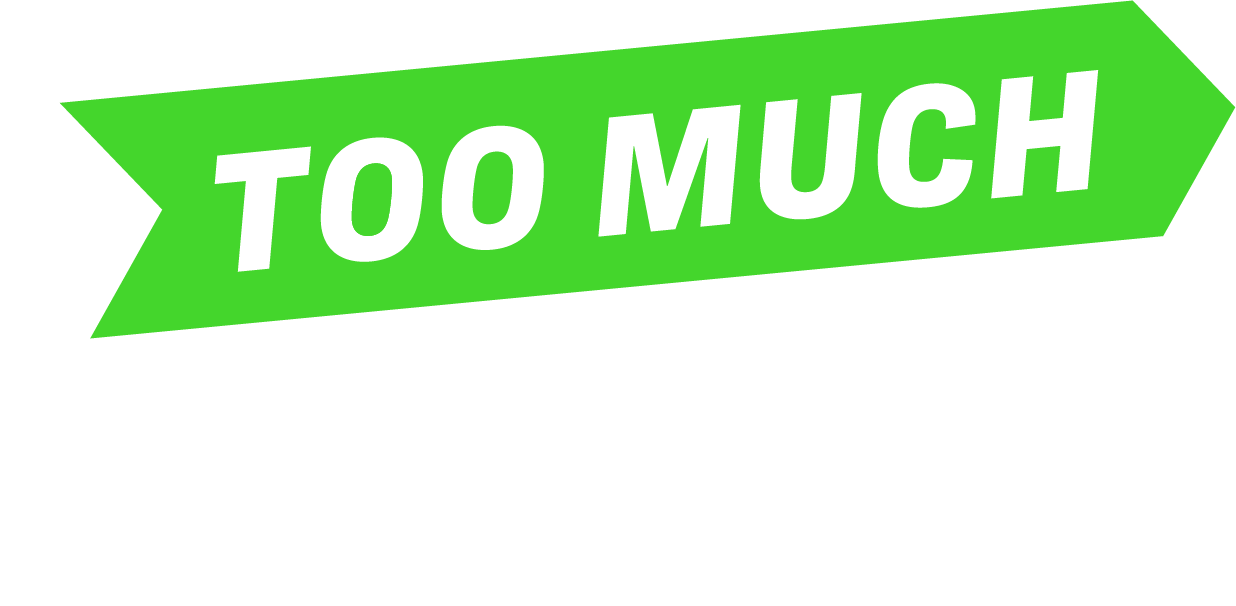Ways to Get Better Sleep without Medications
If you are having trouble falling or staying asleep, stress and your sleeping environment may be two reasons why. A lack of sleep can affect your health and overall well-being. Sleep supports brain health and gives your body time to rest which is important for physical health. There are many factors that play a role in sleep health including how long, how well and when you go to sleep. These factors are regulated by your 24-hour internal clock and environmental factors such as light, humidity, and temperature.
Factors That May Impact Sleep Quality
Some common factors that can impact your body’s ability to fall and stay asleep include:
Stress
- Chronic stress can lead to increased cortisol, the hormone responsible for giving our body energy to fight stressors. When cortisol is released over a long period of time, it increases the risk of disrupted sleep.
- Stress can cause inflammation or swelling in the body and increase the likelihood of getting sick. These changes can potentially contribute to sleep disturbances.
- Managing stress and good quality sleep are both essential for your overall health.
Diet
- If you are not getting key nutrients and vitamins in your diet, you could be more likely to experience sleep problems.
- A Mediterranean diet rich in whole fresh foods and plenty of fruits and vegetables, fish, and poultry could help you get more restful and longer sleep.
- Eating foods that contain high levels of saturated or unhealthy fats, and lots of added sugar can negatively impact sleep quality.
Exercise
- Exercise can help regulate your circadian rhythms, or your body’s natural sleep-wake cycle.
- Exercise can alleviate symptoms of anxiety and help you fall asleep faster.
Alcohol, Tobacco and Caffeine
- Alcohol and nicotine consumption can disrupt sleep and cause you to wake up in the middle of the night.
- People who use tobacco are more likely to spend a longer time in lighter stages of sleep, which can lead to less restful sleep than people who do not.
- Tobacco and other nicotine products can increase the risk of experiencing other sleep problems such as sleep apnea (difficulty breathing while asleep) and snoring.
- Consuming caffeine late in the day has been associated with an inability to fall asleep.
Sleep Environment
- Blue light from a smartphone or other electronic devices can block melatonin production, the hormone that helps your body fall and stay asleep.
- Your body naturally drops in temperature with melatonin production. Lowering the temperature of your surrounding environment can help to signal to the body that it is time for sleep.
- Creating a consistent sleep routine can help to regulate your internal body clock and promote a healthy sleep schedule.
Recommendations for Improving Sleep Quality
| Factors | Recommendations |
| Stress | Deep breathing and meditation can increase melatonin production and promote relaxation. |
| Diet | Eating a diet rich in fruits and vegetables and limiting foods with high levels of saturated fat and sugar. |
| Exercise | Thirty minutes of moderate aerobic exercise throughout the day most days of the week and limiting exercise in the 1 to 2 hours before bed. |
| Alcohol, Tobacco and Caffeine | Quit smoking, limit consumption of alcohol to four hours before bedtime, and limit caffeine to 8 hours before bedtime to avoid poor sleep. |
| Sleep Environment | Create a sleep routine in an environment that is cool and dark with limited blue light consumption. |
Benefits to Improved Sleep
Mental Recovery
- Improved brain function
- Stress relief
- Improved mood and emotional regulation
Physical Recovery
- Regulated blood sugar levels to prevent long term disease
- Removal of toxins (poisonous substances)
- Restored ability to fight of disease
- Regulated hunger levels
If you continue to experience disrupted sleep after fixing your lifestyle choices, speak with your health care provider.
